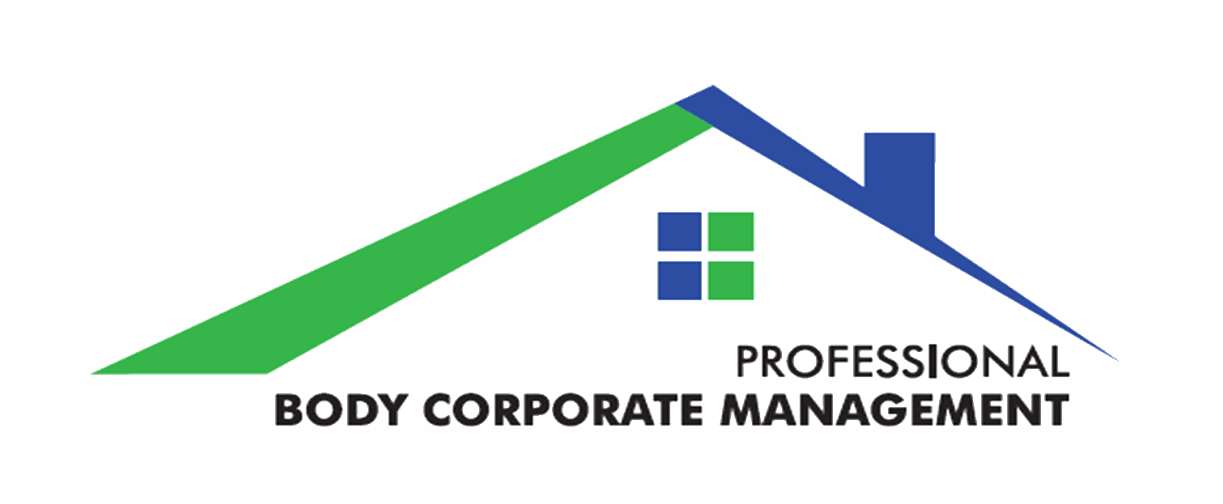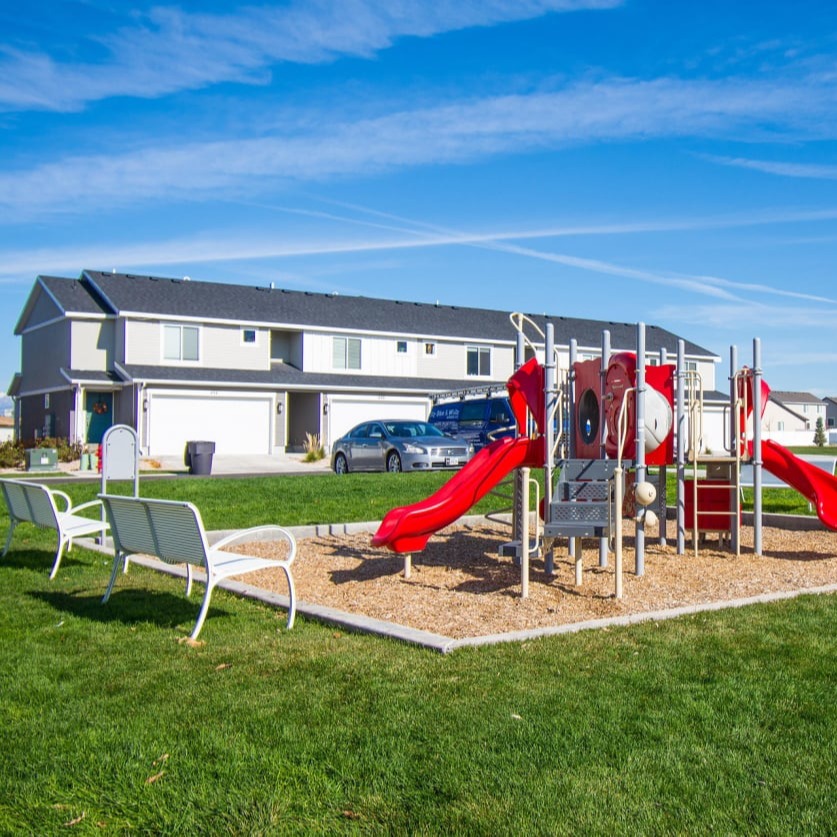Frequently Asked Questions
1. To control, manage and administer the common property and the HOA’s assets and affairs.
2. To ensure that owners (and other occupiers) of sections comply with the HOA’s rules.
3. To ensure that the schemes and the HOA are financially healthy and stable. This includes seeing that levies are paid up and collected timeously.
4. To arrange or request the managing agent to arrange regular annual general meetings and other meetings of owners when necessary.
5. To meet with each other as often as is necessary to run the HOA efficiently.
6. To ensure, and/or arrange for the managing agent to ensure that proper notices are given for all meetings and to make sure that minutes are kept.
7. To keep, or arrange for the managing agent to keep, secretarial and financial records and allow these to be inspected on reasonable notice.
8. To act honestly and in good faith.
9. To make sure that the sectional title scheme’s (within the HOA) and the HOA’s buildings and assets are adequately insured to replacement value.
10. To ensure that expenses attributable to exclusive use areas are recovered from those who have rights to those areas.
11. To raise special levies that the common property and facilities are maintained and repaired.
12. To supervise the activities of the managing agent and any other HOA employee, contractor or agent.
13. Check that the owners, and their tenants, abide by the rules as determined by the owners of the complex.
14. Trustees must ensure that the provisions of the Rules of the HOA are applied meticulously, to ensure that owners’ investments grow optimally, therefore they need to:
- Ensure that all trustees, as well as the appointed managing agent, abide by the HOA Constitution.
- Ensure that all trustees, as well as the appointed managing agent, abide by the CSOS Act.
1. Financial Responsibilities
- Pay HOA fees/ Dues: Owners must contribute monthly or annual fees for the maintenance of common areas, security and shared amenities.
- Special Assessments: Owners may be required to pay additional fees/special levies for major repairs or unexpected expenses such as projects.
- Fines for Violations: if an owner violates HOA rules, they may face fines or penalties.
2. Property maintenance responsibilities
- Maintain their property: Owners must keep their home and yard in good condition, adhering to HOA guidelines regarding landscaping, exterior appearance and cleanliness.
- Follow Architectural guidelines: Any exterior modifications (e,g painting, fences, additions) require approval from the HOA.
3. Compliance with HOA rules
- Adhere to community rules: Owners must follow HOA regulations, including noise restrictions, pet policies, parking rules, and the use of common spaces.
- Respect common areas: Shared spaces like parks, pools, and walkways should be used responsibly and without causing damage.
- Proper waste Disposal: Owners must manage trash and recycling according to HOA guidelines.
4. Participation in the HOA
- Attend meetings and Vote: Owners can participate in HOA meetings, vote on community decisions and run for leadership positions.
- Report issues: If there are concerns about maintenance or rule violations, owners should report them to the HOA.
5. Legal and Safety Responsibilities
- Obey local laws and HOA Bylaws: Owners must comply with both municipal laws and HOA governing documents.
- Insurance requirements: While the HOA may insure common property, owners need to maintain proper home insurance as required.
1. Responsibilities of their own section (unit)
- Maintain and repair: The owner is responsible for keeping their unit in good condition, including plumbing, electrical work, and fixtures inside the section.
- Rates and Levies: Paying Municipal rates and service charges, as well as monthly levies to the body corporate.
- Insurance for contents: The building structure is insured by the body corporate, but the owner must insure their own contents (Furniture, appliances, etc.)
- Adhering to conduct rules: Complying with the body corporate’s rules and regulations regarding noise, renovations, pets and usage of the unit.
2. Responsibilities for common property
- Paying Levies: These levies contribute to the maintenance of the common areas like gardens, corridors, elevators, and security.
- Respecting common property: Not causing damage or making unauthorized changes to shared spaces. Owners must ensure their refuse does not interfere with others’ enjoyment. Neighbour law considerations rules must be adhered to in order to not cause unreasonable disturbances or nuisance to other residents.
- No unauthorised changes to shared spaces. Owners cannot modify, paint, alter common property with the trustee approval. Owners cannot use parking spaces without any approval from the trustees.
- Participation in meetings: Attending body corporate meetings, voting on decisions and potentially serving on the board of trustees.
- Following Sectional Title Act Regulations: Complying with the legal framework governing sectional title properties.
1. Sectional Title Scheme - A sectional title scheme is a development where multiple units are owned by different people, but they share some common areas.
2. Body Corporate - A body corporate (BC) is a legal entity that manages the common property of a sectional title scheme and is made up of all the owners of the units in the scheme.
3. Full Title Scheme - A full title scheme means that you own both the property’s land and any buildings/structures on it. You are solely responsible for all costs associated with the property, including maintenance, repairs, and insurance.
4. Home Owner’s Association - A home owner’s association (HOA) is a legal body that manages and regulates residential estates, ensuring the upkeep of common areas and enforcing community rules
5. Common Property - Common property refers to property owned jointly by all owners in a scheme, such as land, communal areas, or infrastructure, with each owner's share determined by their unit's participation quota. Common property is not owned individually by any one person, but rather by all owners in the scheme, collectively.
6. Exclusive Use Areas (EUAs) - In the context of sectional title schemes, an exclusive use area (EUA) is a portion of the common property that is reserved for the exclusive use of one or more owners of a specific section, such as a garden, parking bay, or balcony.
7. Managing Agent - Managing agents provide scheme management services to a body corporate or homeowners association, and are compensated for such. They are appointed by the trustees of the scheme and are bound to the scheme in terms of a legal contract. While managing agents assist trustees, they do not replace the need for trustees.















